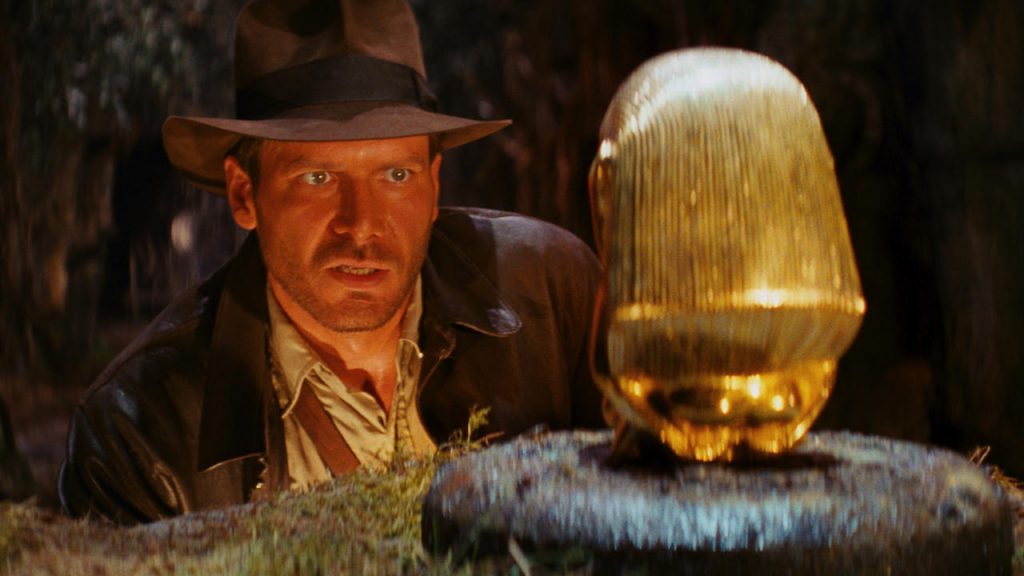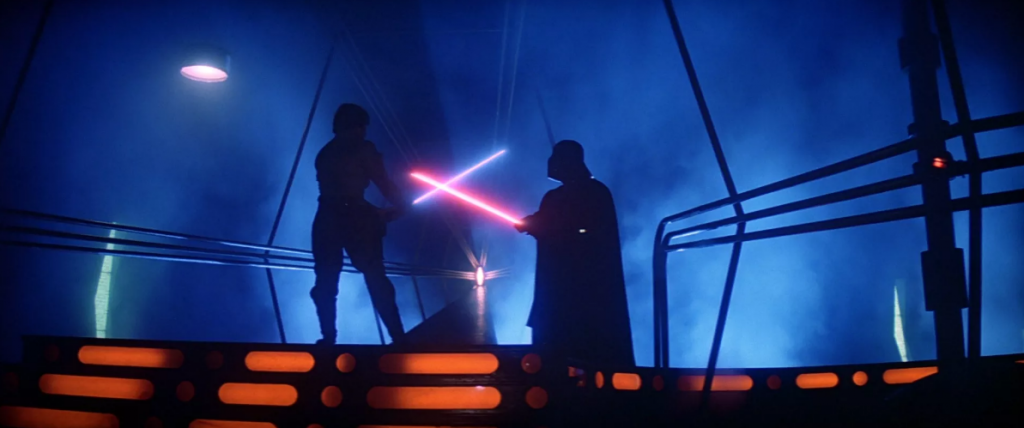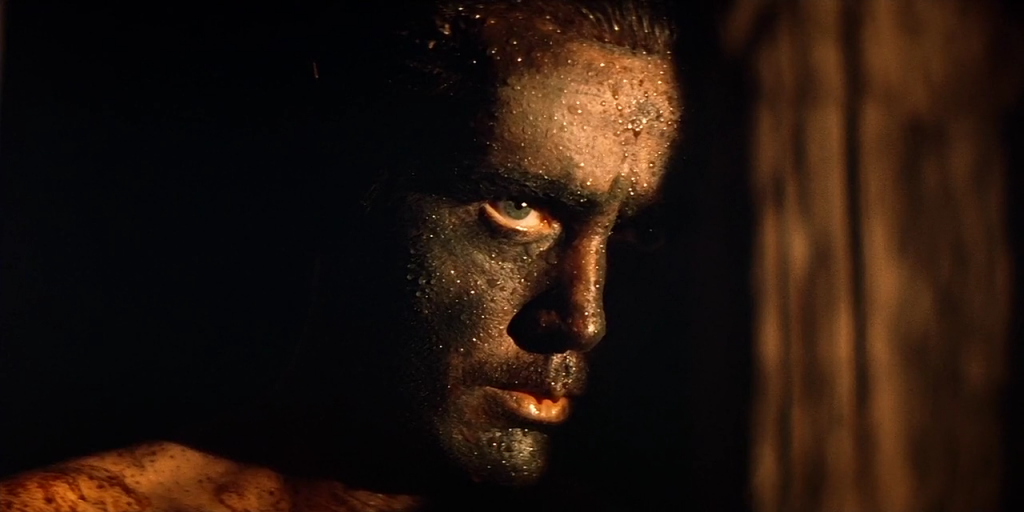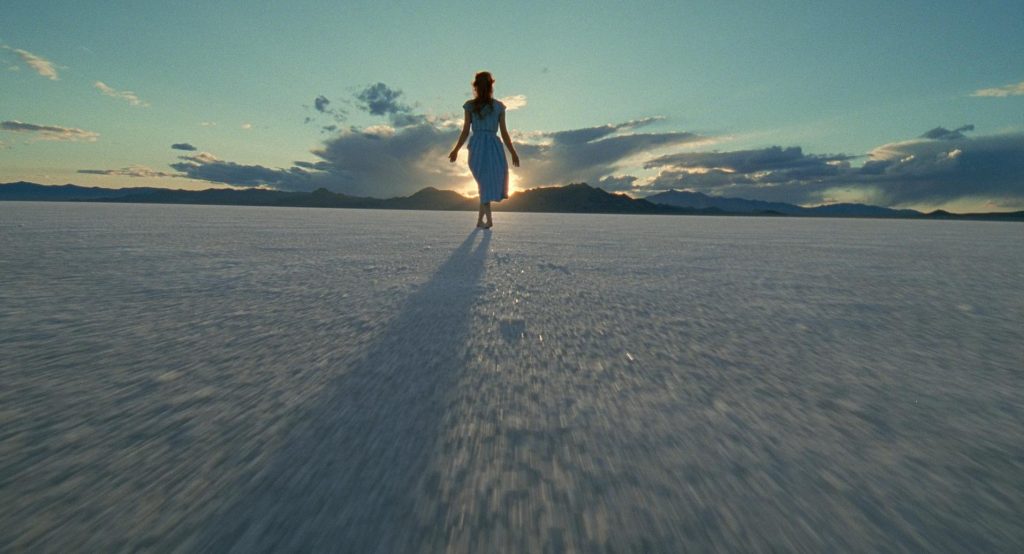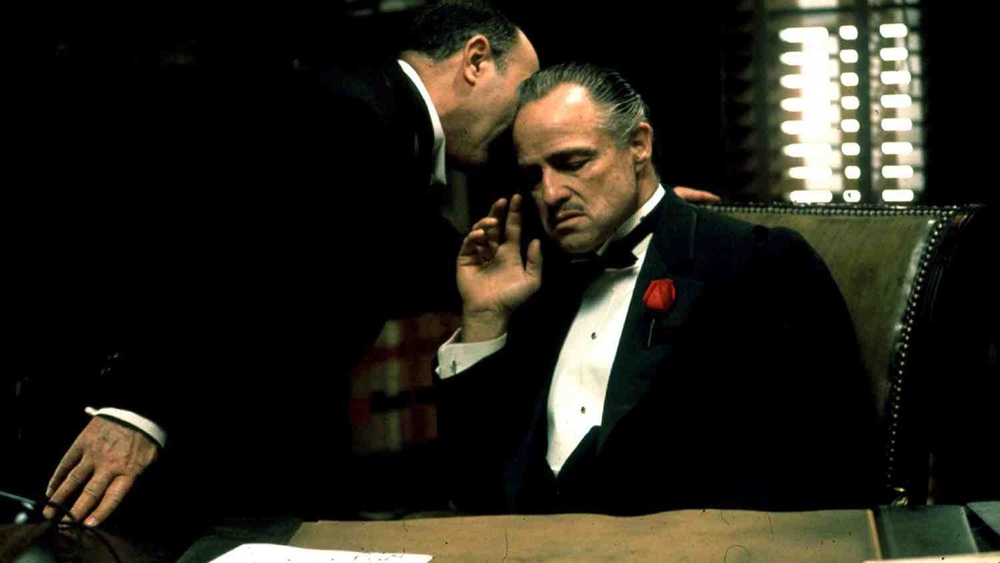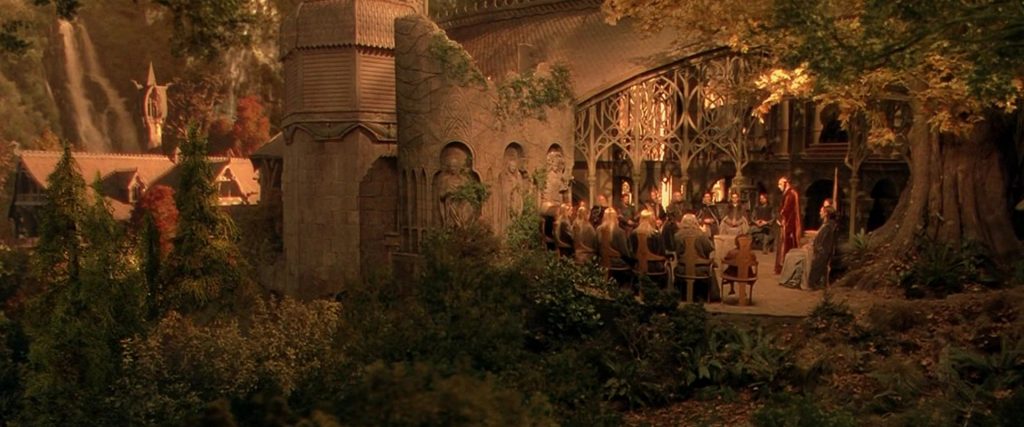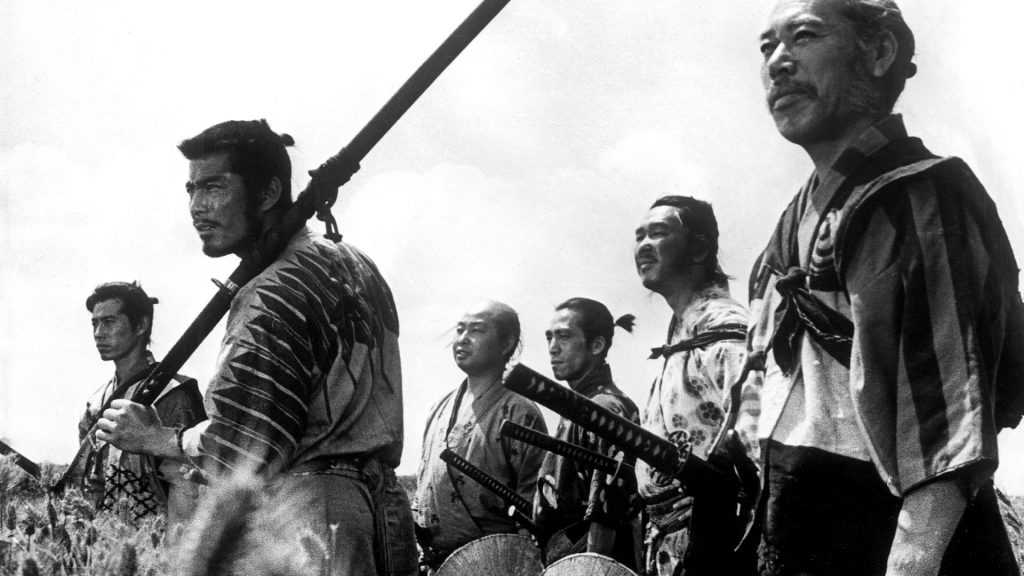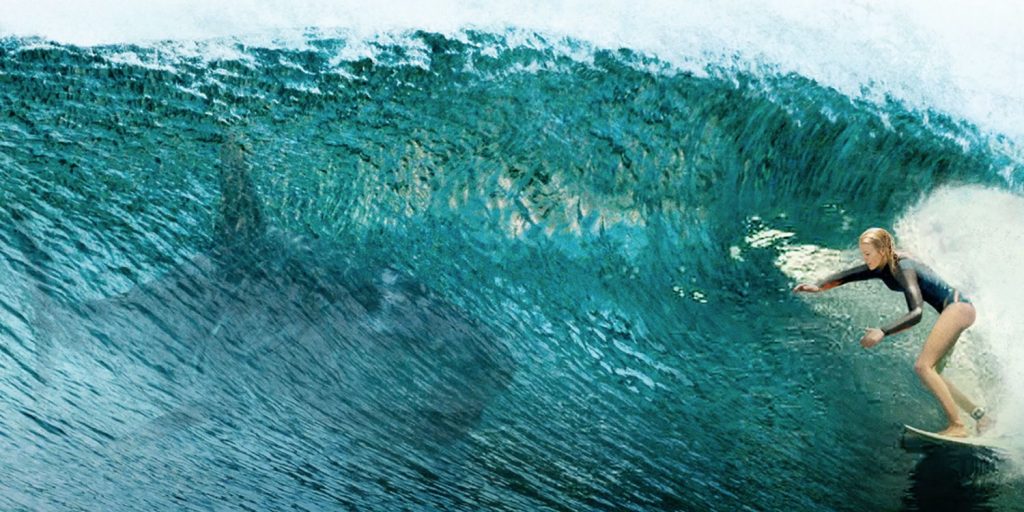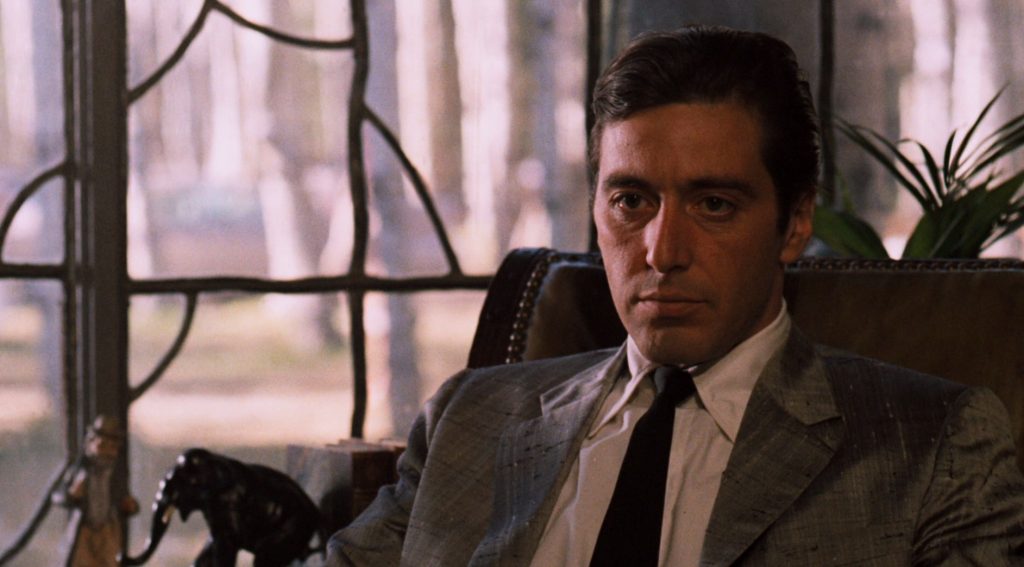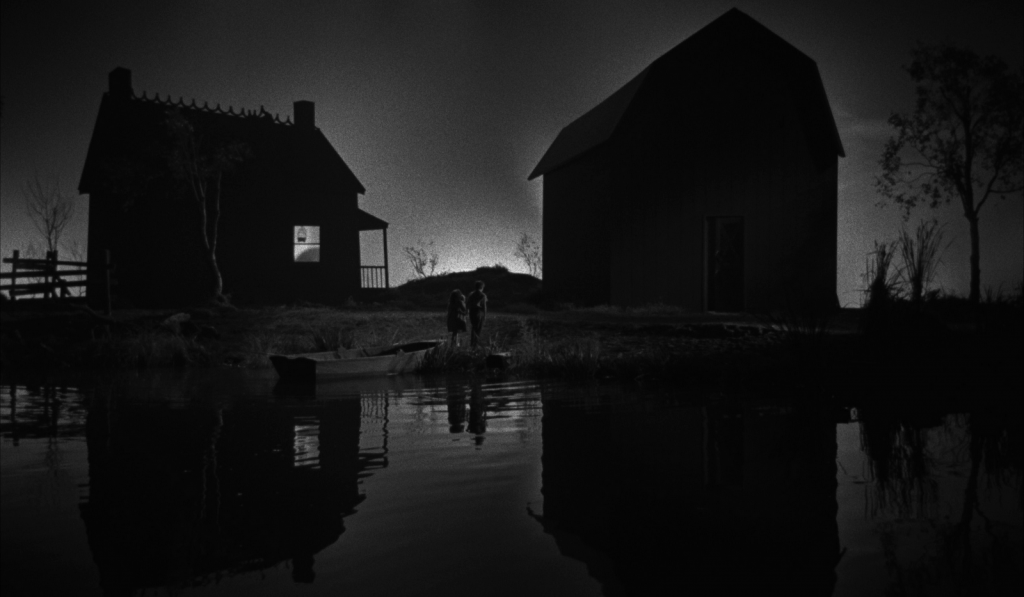
dir. Charles Laughton
Charles Laughton made nearly 60 films as an actor. As a director, he made only one. And it may very well be the crowning achievement of his illustrious career.
The Night of the Hunter is, on the surface, a classic suspense tale. But nearly every frame could potentially be studied to uncover new observations about the evils and virtues of the human condition. The fickle affections of the masses, the frailty of paranoia and guilt, the desperate loyalty of family, and the strength of humble faith each have their moment of focus in Laughton’s film, which is ultimately a fable about innocence and experience.
In the story, a preacher with homicidal and greedy vices sets his scope on a widow and her two children whose father was executed for murder and armed robbery, leaving a vast sum of money unaccounted for. The preacher charms his way into the hearts of the widow and the town, who are too blinded by his profession to discern his intentions. Once the real threat at hand becomes apparent to the two children, John and Pearl, they flee and eventually land in the home of a strong, older woman with a penchant for taking in new “mouths to feed”.
It is the inevitable confrontation between this faithful heroine, Rachel Cooper (played with determined grace by Lilian Gish) and the monstrous villain Harry Powell (Robert Mitchum in one of his most charismatic and deliciously nasty performances) which anchors the themes of this dark fable. In their confrontation, the meek of the earth battles the wolf-in-sheep’s-clothing and the film supposes that it is not the strength of mind or body which matters, but the strength of heart and spirit. The two of them even join in a duet of “Leaning on the Everlasting Arms”, which becomes an extended embodiment of Harry Powell’s trademark “Love vs Hate” sermon.
While many characters in the film profess certain degrees of faith, it is apparent which characters are rooted in substantial understanding and which ones are hypnotized by their environment or by the charisma of those who say what they want to hear. The wolves are indeed among the sheep and it takes a good shepherd to strike down the threat and call out the deception. What strikes me as so profound is the form that shepherd takes in this story – not a knight in shining armor, but a “strong tree with many branches.”
Although initially disregarded by both critics and audiences, The Night of the Hunter has risen from the ashes of the past as a rightly praised and admired tale about good and evil, light and darkness, love and hate. But it’s also about the abiding of innocence amidst a dark and treacherous world, and that perhaps the greatest irony of wicked and predatory men like Harry Powell is that the story he tells is really true. “It’s love that won, and old left hand hate is down for the count.” Amen to that.

